Joe Newman Sextet featuring Frank Wess - The Happy Cats (2016)
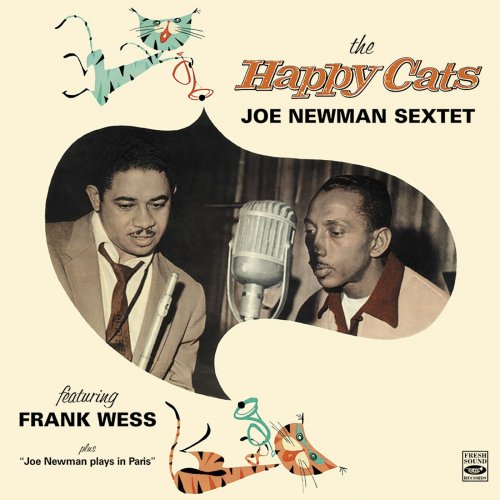
Artist: Joe Newman, Joe Newman Sextet, Frank Wess
Title: The Happy Cats
Year Of Release: 2016
Label: Fresh Sound Records
Genre: Jazz
Quality: FLAC (tracks) / MP3
Total Time: 1:16:56
Total Size: 406 / 177 MB
WebSite: Album Preview
Tracklist:Title: The Happy Cats
Year Of Release: 2016
Label: Fresh Sound Records
Genre: Jazz
Quality: FLAC (tracks) / MP3
Total Time: 1:16:56
Total Size: 406 / 177 MB
WebSite: Album Preview
01. The Happy Cats
02. Cocktails for Two
03. Later for the Happenings
04. Buttercup
05. Robbin's Nest
06. They Can't Take That Away from Me
07. Feather's Nest
08. Mean to Me
09. Between the Devil and the Deep Blue Sea
10. Joe's Tune
11. I Never Knew
12. Joe's Blues (Not in the Original LP)
13. Lover Man
14. A Girl Named Rigmor
15. Blues on the Champs-Elysées
Trumpeter Joe Newman and tenor and flautist Frank Wess were mainstays of the great, 1953-1963 Count Basie band, and both are the stars of these swinging, thoroughly enjoyable sextet sessions from 1957, each contributing some unpre- tentious but accomplished blowing in the Basie idiom. Reinforcing the Basie touch are the totally compatible arrangements, loose yet structured, by Ernie Wilkins, Al Cohn and Quincy Jones, and the vibrant rhythm section of pianist Johnny Acea, a Basie alumnus in the dependable bassist Eddie Jones, and drum- mer Connie Kay. Newman, who had the ability to fit in almost anywhere, is warmth and invention personified, while Wess and trombonist Frank Rehak also turn in some persuasive solo work.
Newman was also the leader of an earlier septet date, recorded in Paris during Count Basie’s 1956 European tour. With the exception of the idiomatically adept pianist Maurice Vander, the rest of the musicians are drawn, like Newman, from the Basie band. It makes for a unified ensemble and a rolling, relaxed groove, garnished by fine soloing, set in the mellow smoothness characteristic of the best of the Basie splinter groups.
Newman was also the leader of an earlier septet date, recorded in Paris during Count Basie’s 1956 European tour. With the exception of the idiomatically adept pianist Maurice Vander, the rest of the musicians are drawn, like Newman, from the Basie band. It makes for a unified ensemble and a rolling, relaxed groove, garnished by fine soloing, set in the mellow smoothness characteristic of the best of the Basie splinter groups.
![Marius Neset - Time to Live (2026) [Hi-Res] Marius Neset - Time to Live (2026) [Hi-Res]](https://www.dibpic.com/uploads/posts/2026-02/1771945711_folder.jpg)
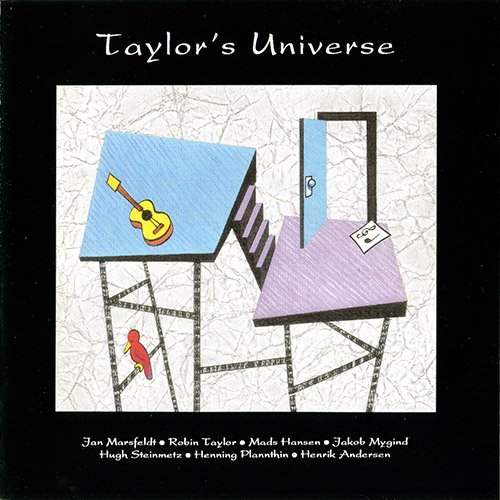



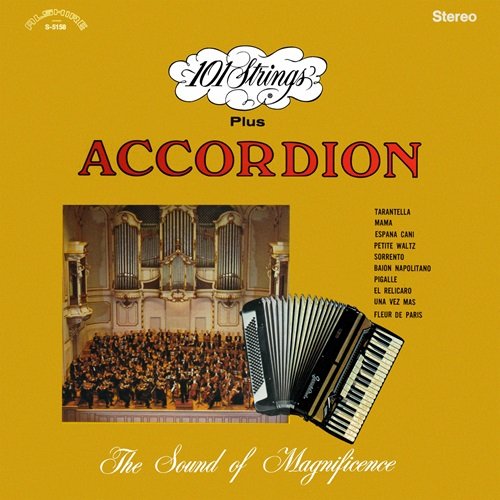
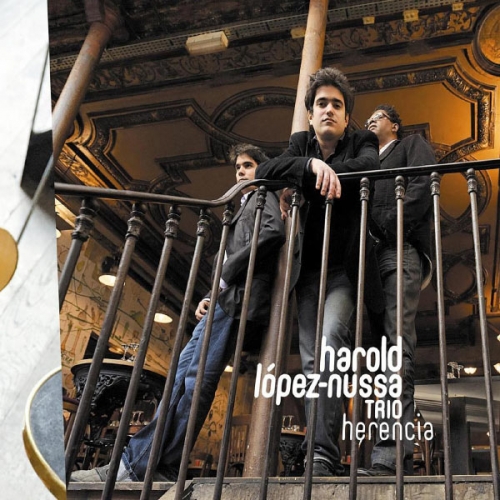
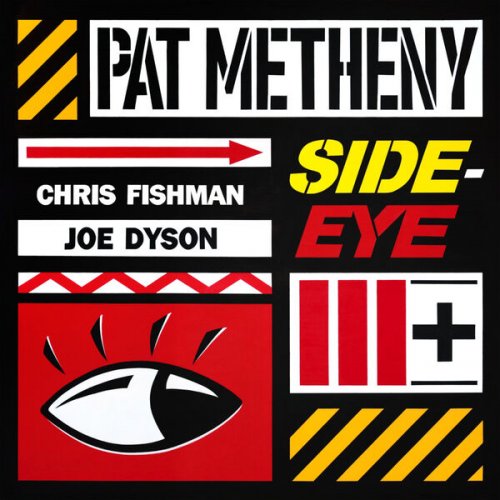
![Lexington - HARD BOP TANGO (2026) [Hi-Res] Lexington - HARD BOP TANGO (2026) [Hi-Res]](https://www.dibpic.com/uploads/posts/2026-02/1772180664_cover.jpg)